How I Coach Without Taking Notes
In my last post, I shared a short essay on why I take no notes when I coach. The key finding: I’m eroding presence and hurting my body by taking countless notes on what my dear coachees say, how they say it, and any quote or reference along the way.
I started taking notes because I wrongly feared I’d miss something. And yet, without scribing, I remember enough to summarize epiphanies, action steps, and discovery we uncovered along the way. No one method exists; but this week’s post shares how I recap after a robust coaching session, without notes, and type up that summary quickly, too. What I outline below takes me about five minutes.
Accept: No Perfection Exists
Step one to my system ties to managing my inner Stickler who loves to believe a perfect summary system exists. Nope. Each coach has their own system. Also, it’s the coachee’s job to draw any takeaways from the session. Taking an ease and flow approach helps with the creative process both before and after the session and helps me stay brief, too. I also add a concluding phrase with a reminder for us both: “What have I missed or gotten wrong here?”
Embody My Coachee &Their Language
Step two: I think about my coachee as I type. I remember their expressions, the feelings, any tears, sighs, and even the language they used. I use their words vs. mine, especially in that pivotal question they ask to me at the front end. Getting into my client’s heart as I type helps bring empathy, curiosity, and discovery to whatever comes next.
When discussing this essay series, a dear peer from UC Berkeley’s Graduate School of Journalism reminded me I always reported and wrote this way, too. So it’s possible by thinking about what I reported, just as I think about how and what we coached to, I can remember visually and emotionally the substance of our exchange. If so, I’m employing the Truman Capote technique Capote employed in writing his iconic literary journalistic novel In Cold Blood. Write from memory first; and trust: Your mind will remember (if you let it) the most important stuff. Novelist and journalist Katherine Luck offers lovely insights into Capote’s infamous memory here.
Reflect. Find a Narrative Thread
Thinking about the summary as a story, almost a mini-vignette or mini profile on the person helps with my writing flow. I might think, just before I type: Where did my coachee come into our session? What struggles did they share? What main obstacle did they seek help on today? Thinking of the session as a story with a beginning, a middle, an end, and then lessons at the end fuels the creativity required for the summary. Once I begin typing, I can commit to sharing what I remember.
Summarize Via the Questions
I find things flow easiest by letting the questions guide the rest. For instance, I might write, “How do I feel less fearful and more courageous when interviewing for a promotion? This became your big question for coaching today with the following takeaways.”
I might then share what they learned or confirmed and then some action steps they committed to or something they wanted to discover. I then assign resources, too, aligned with what they wanted to learn. Sometimes, I’ll add in a quick, brisk reflective question which came to me after, always in service of them and what they felt curious about.
Help Your Reader Skim
I plug in every technique I know on brevity to keep the summary I type crisp, tight, and super skimmable. A few techniques include:
Using consistent grammar
Employing active verbs
Using interesting adjectives and short details or examples
Keepings things short and concise with a bulleted list
So, with the above example on, “How do I feel less fearful and more courageous when interviewing for a promotion?” a sample list might include:
Understanding the root fear
Exposing and challenging your Judge’s lies [I.E. Your interviewer isn’t out to get you]
Getting peaceful through guitar playing
Noticing conditions and learning from them [You found having no script helps build presence.]
Coaches often disagree on the virtues of typing up a summary when we coach. Some feel a summary from the coach does the work for the coachee when others find the summary helps the coach and coachee complete and sign off from the session.
I’ve found summaries help me and my coachee gain a snapshot of the session. My clients tell me they feel I really heard them when they read my written recaps. Meanwhile, they help me quickly pick up where we left off.
There lies my rhythm and system (and my logic) for providing a summary after I coach. What’s your system? What’s your approach? And what helps you select what to include or exclude? We’d love to hear.
Debbi Gardiner McCullough coaches and trains immigrant leaders to become more confident, concise, and mentally fit communicators. From Wisconsin, she owns and runs Hanging Rock Coaching and coaches worldwide with BetterUp.
